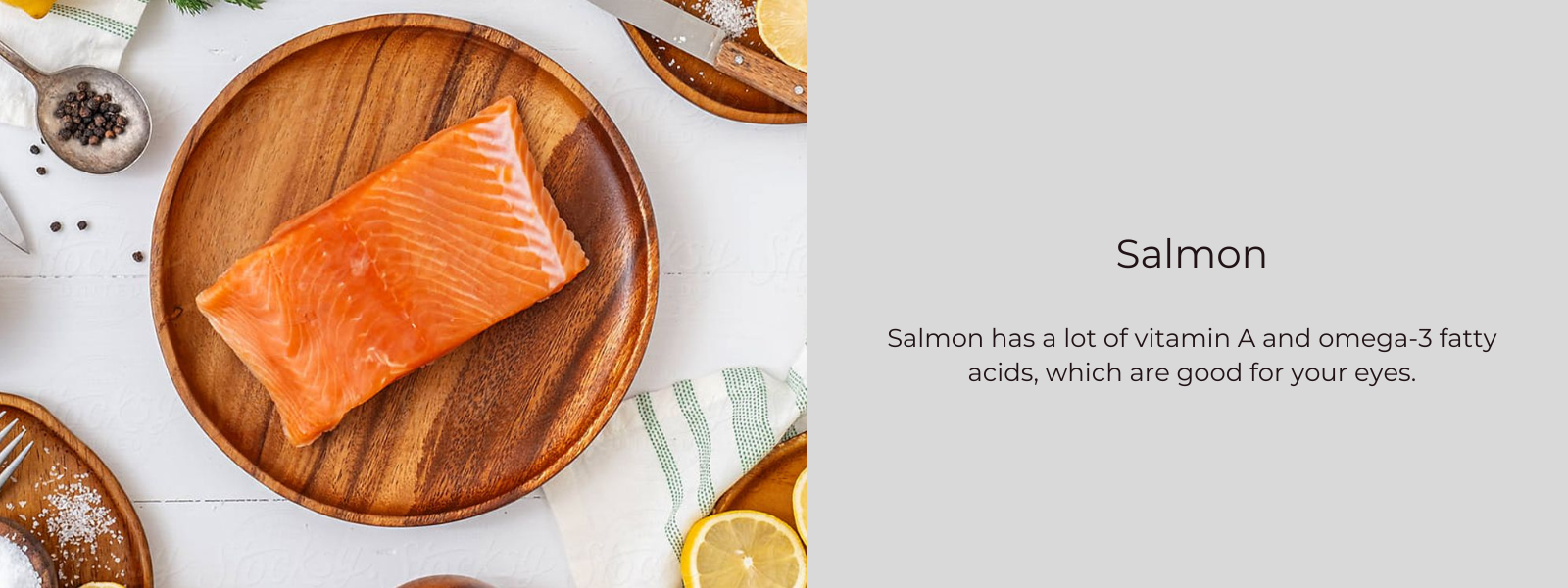Tuna is a type of fish that lives in cold water. It can be found from the Atlantic Ocean to Indonesia. Skipjack, which is also called "light" tuna, and Albacore, which is also called "white" tuna. Albacore is the sole variety of tuna that can be sold officially with the label "white meat tuna."
Tunas are available all over the world and are full of nutrients. They are a great alternative to red meat and can be cooked in a variety of ways.
Table of Contents
What is tuna?
Thunnini is the formal name for a fish that lives in salt water. It is related to the mackerel. Tunas travel long lengths through all of the world's oceans and live in tropical and calmer waters. Because of the way their bodies are built, they can move at speeds of up to 75 km/h.
They move between all of the seas and can dive more than 3,000 feet deep. Also, they can live from 3 to 5 years up to 20 years. Aside from the Mediterranean Sea and black waters, they are often found in temperate and subtropical seas.
All of them are good for your health in the same ways. Tuna is eaten all over the world in many different ways. Because they are available all over the world and are full of nutrients, they are a great alternative to red meat. Asian, Australian, and European cuisines all use tuna fish a lot to make tasty dishes that everyone loves.
Types of tuna:
There are eight types of Tuna that move around. "Light" tuna and "white" tuna, also known as skipjack and Albacore, are the most well-known types of tuna.
The blackfin tuna
Bluefin tuna from the north
Albacore
Bigeye tuna
Yellowfin tuna
Skipjack bluefin tuna from the south
Longtail tuna
Health benefits of tuna:
- Lowers the risk of heart disease
A study found that the substantial quantity of omega-3 fatty acids in tuna fish helps lower LDL cholesterol. This cholesterol builds up in the heart's arteries and hurts the heart. Omega-3 makes it easier for the heart and blood vessels to pump and move blood around the body. Studies show that taking omega-3 regularly lowers the risk of heart disease.
- Lowers cholesterol
Research shows that the bad fat in your body is found in the triglycerides in your blood. They have something to do with LDL, also known as "bad cholesterol." Tuna's natural oil raises the HDL, or good cholesterol, which fights against the bad effects of triglycerides.
- It brings down blood pressure
Tuna has a lot of potassium in it, which helps keep blood pressure in check. Potassium and Omega-3 fatty acids work together to reduce inflammation. So, it helps lower blood pressure and the chance of having a stroke or heart attack.
- Boosts your Immune System
To boost defence, you need manganese, selenium, vitamin C, and zinc. These vitamins are found in large amounts in tuna. Also, the antioxidants fight the free radicals to keep you from getting sick and to keep your metabolism in check at the molecular level.
- Tuna Prevents Eye problems
The omega-3 in tuna is also good for your health because it improves your eyesight and general eye health. Omega-3 is also good for the health of the eye as a whole. Macular degeneration makes it hard to see as you get older and can lead to blindness. This condition is successfully stopped by the Omega-3 acids.
A study with 40,000 health workers showed that dry eye symptoms were reduced by 68% in those who ate the amount of tuna that was recommended.
- Regulates weight
Tuna is lean meat, according to a study. It is high in protein and nutrients and low in fat and calories. It makes you feel full for a very long time. So, it keeps you from eating bad snacks. Tuna keeps your weight in check by keeping your calorie intake in check.
- Lessens the chance of cancer
The omega-3 fatty acids in tuna stop cancer cells from growing and making more cancer cells. Antioxidants stop inflammation because they are anti-inflammatory. They also fight cells that cause cancer.
Antioxidants are very important because cancer and chronic inflammation are linked. So, eating the right amount of tuna on a daily basis lowers the risk of getting cancer.
- Makes bones stronger
Tuna is full of minerals and vitamin B.
Vitamin B makes bones stronger and keeps them from breaking. Also, the antioxidants stop illnesses that cause inflammation and bone loss. So, eating tuna every day is another way to make sure your bones stay healthy.
Vitamin D can also be found in tuna. It might help the body absorb more of many important chemicals. It has phosphate, calcium, and magnesium in it. These are important for the body's metabolism and other functions. It also makes you less likely to get osteoporosis.
- It's good for your skin
Researchers have found that tuna has a protein called elastin. It helps keep the skin's flexibility and tone smooth. Also, the vitamin B complex in tuna helps make new skin cells that are healthy.
- Makes blood flow better
Tuna is a great way to get iron and vitamin B from food. Fat can sometimes build up in the vascular system and block it. Most of the time, it's because of bad eating habits.
Iron makes the blood flow better. Red blood cells can't be made without vitamin B. Vitamin B3 may help better blood flow and lower bad cholesterol, in particular. B3 also makes the blood less full of bad cholesterol. Because of this, Iron and Vitamin B help keep the cardiovascular system healthy, and both of these are in plenty in tuna.













Leave a comment